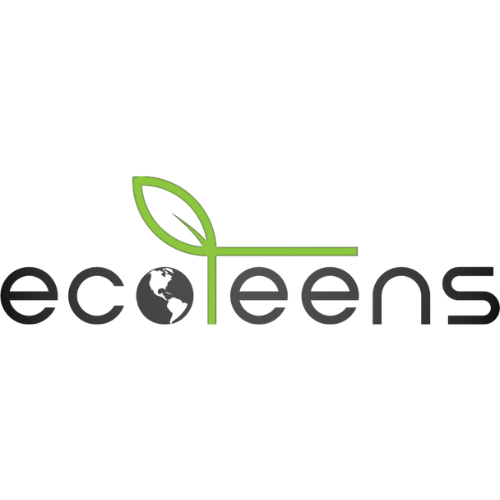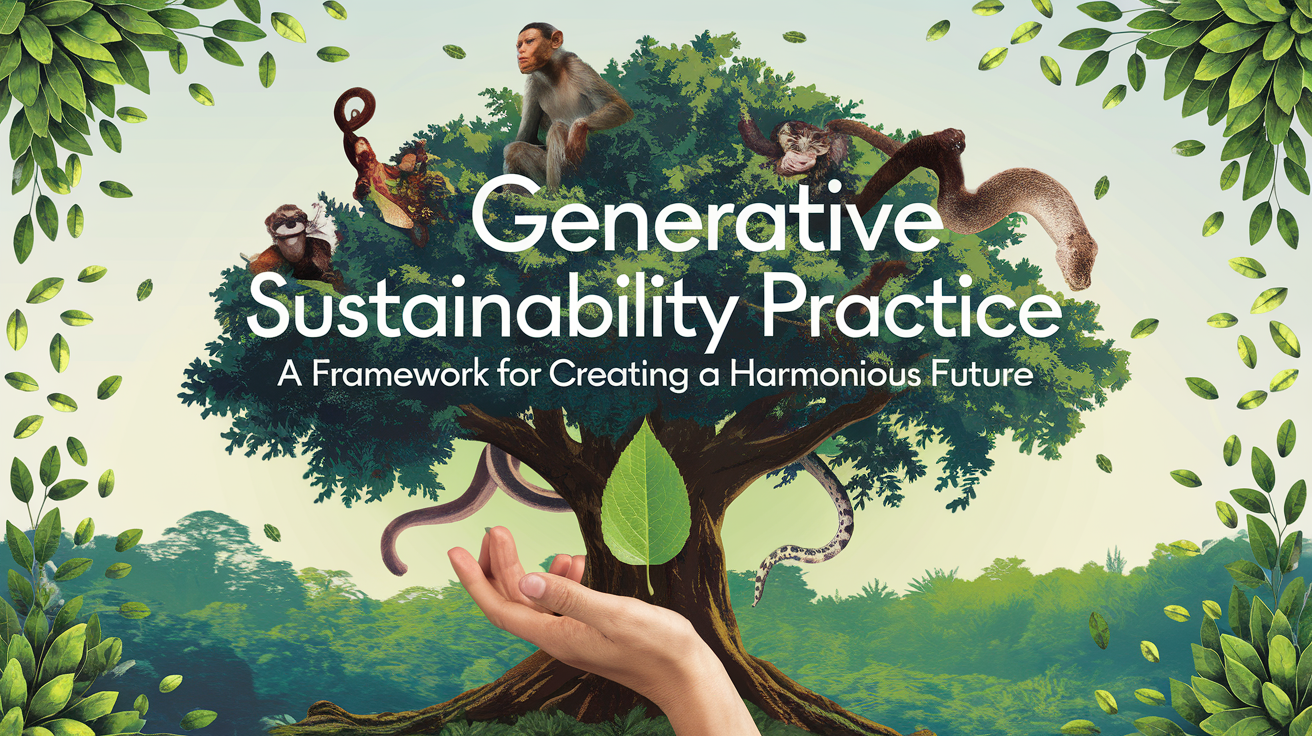
Generative Sustainability Practice: A Framework for Creating a Harmonious Future
Generative Sustainability Practice (GSP) is an innovative approach to addressing sustainability challenges by enabling creativity, collaboration, and technology to generate new ideas and solutions. This white paper outlines the key components of GSP and how it can be implemented to create a sustainable future where humans, other living beings, and the planet coexist harmoniously.
To illustrate the power of GSP, consider the +thecap campaign launched through EcoTeens.org. This initiative advocates for plastic water bottles to be capped before recycling, embodying the creativity and collaboration central to GSP. Working with EcoTeens ambassadors worldwide, the campaign demonstrates how small actions can lead to more significant impact – a principle at the heart of GSP. The often-overlooked bottle caps alone contribute significantly to landfill waste, highlighting the importance of such targeted initiatives.
This real-world application of GSP principles showcases how the framework can address specific sustainability challenges, engage young leaders globally, and turn “baby steps” into quantum leaps for environmental conservation. Throughout this white paper, we will explore how GSP can be applied to various sustainability challenges, using the +thecap campaign as a recurring example of the framework in action.
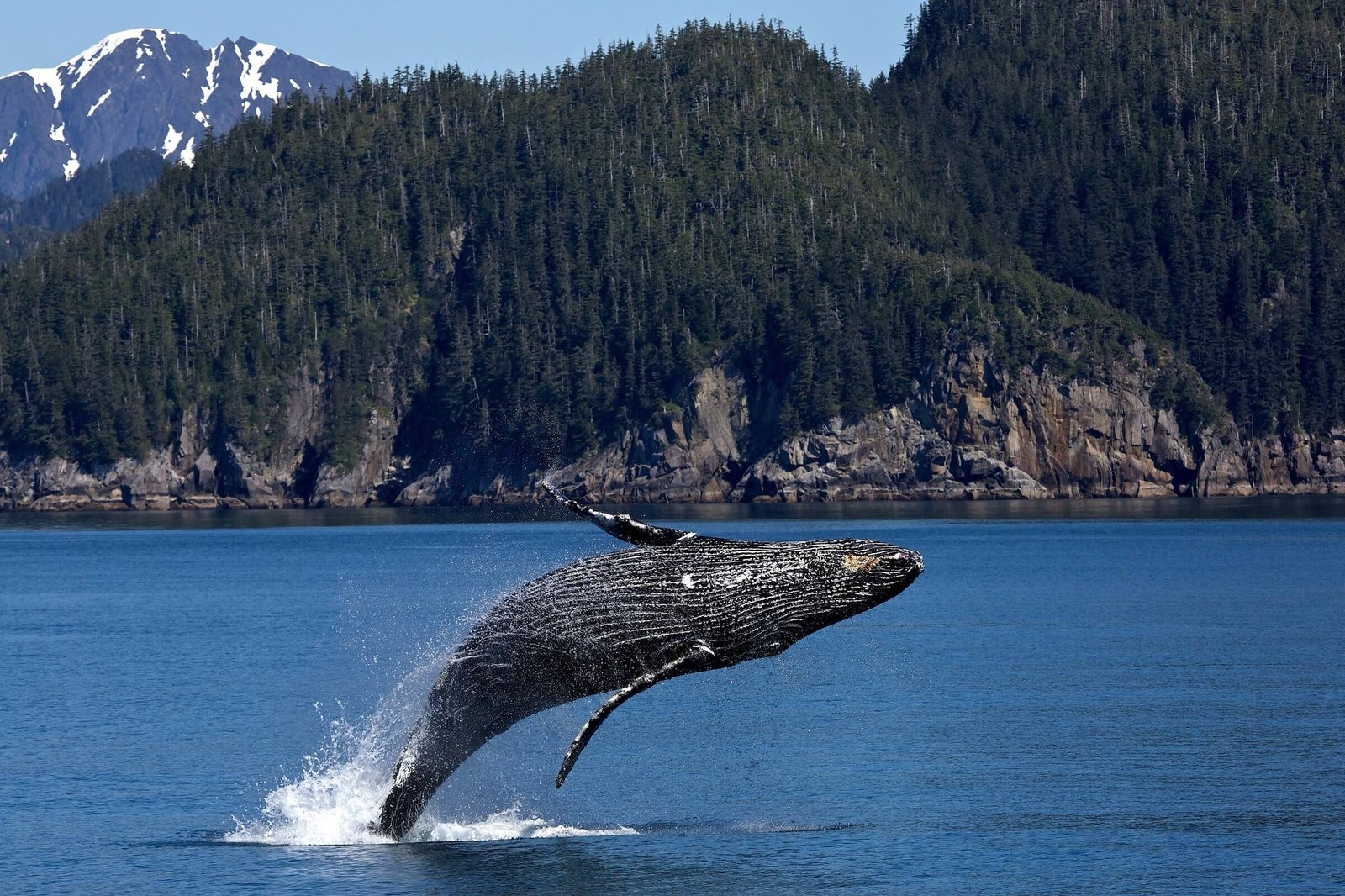
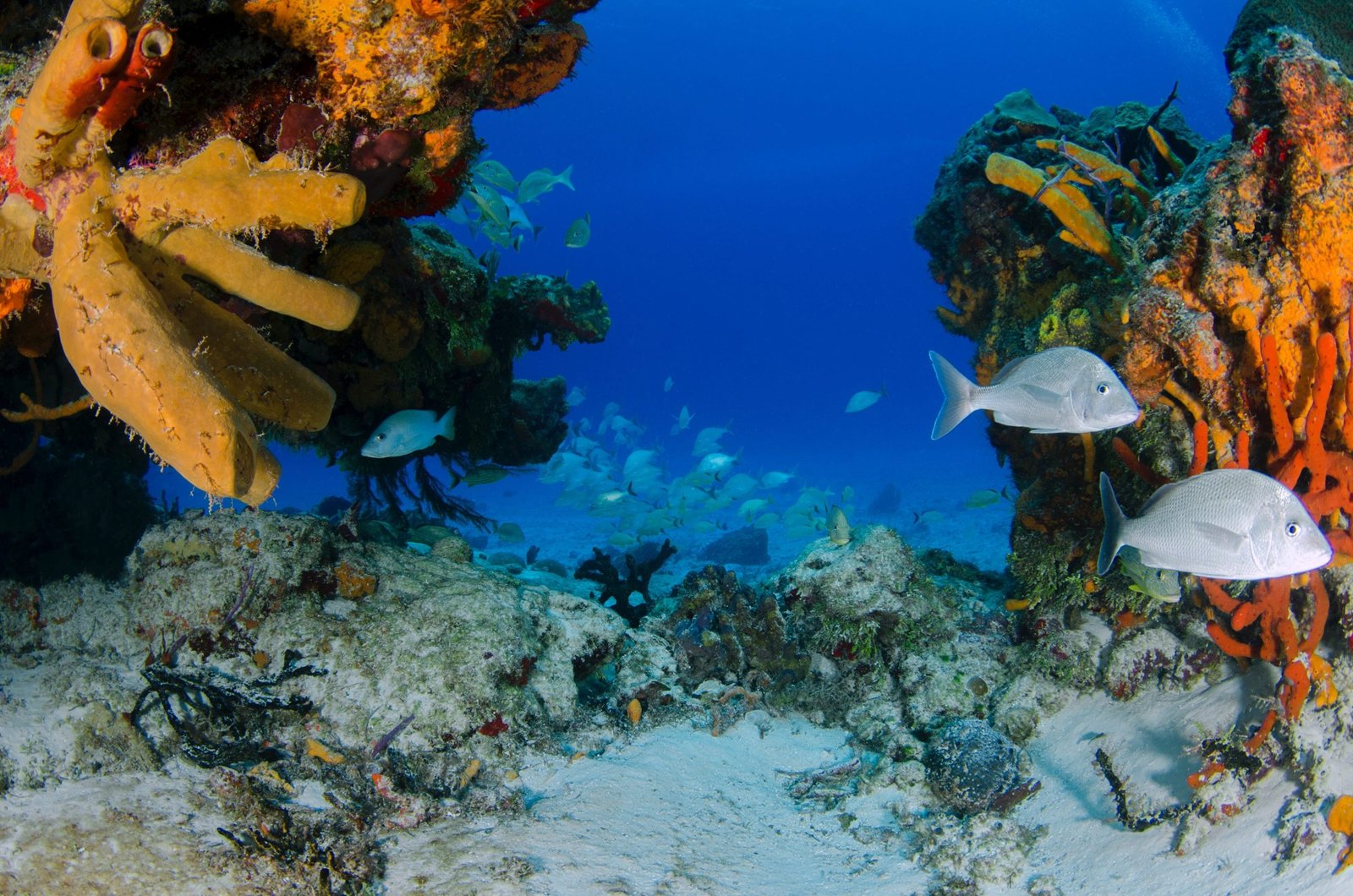

Core Principles of GSP
Generative Sustainability Practice (GSP) is guided by six core principles that enable a holistic approach to sustainability. In the context of the +thecap campaign, we can focus on a few precious principles:
- Abundance Mindset: This principle encourages viewing resources through a lens of abundance, emphasizing natural balance and sharing. In the +thecap campaign, we apply this mindset by recognizing the potential of small actions, like capping bottles, to contribute significantly to reducing landfill waste.
- Focus on WE (Willing and Enabled): This principle highlights collective effort and ensures that all team members are motivated and equipped for sustainability initiatives. The campaign’s success relies on empowering EcoTeens ambassadors worldwide to advocate for change, embodying the spirit of Ubuntu by seeing people as interconnected and capable of achieving more together.
- Partner and Have Conversations to Learn More: Collaboration and dialogue are crucial for understanding diverse perspectives. The +thecap campaign enables learning and innovation by engaging with various stakeholders, creating a platform for shared knowledge and growth.
- What Did We Learn from Failure to Grow? This principle promotes resilience by Viewing failures as opportunities for growth. The campaign encourages iterative improvement, learning from setbacks to refine strategies and enhance impact.
- Lean into Fun and Joy: Sustainability efforts should be engaging and enjoyable. The campaign incorporates creativity and celebration, making advocacy a joyful and rewarding experience for participants.
- Open: This principle emphasizes transparency and inclusive participation, builds trust, and drives continuous improvement. The +thecap campaign invites broader community involvement and feedback by openly sharing progress and challenges.
The +thecap campaign exemplifies how GSP can be applied to real-world challenges. It uses the Ubuntu philosophy to see and treat people as integral parts of a collective effort. This approach addresses the immediate issue of plastic waste and enables a sustainability culture that resonates with young leaders globally.
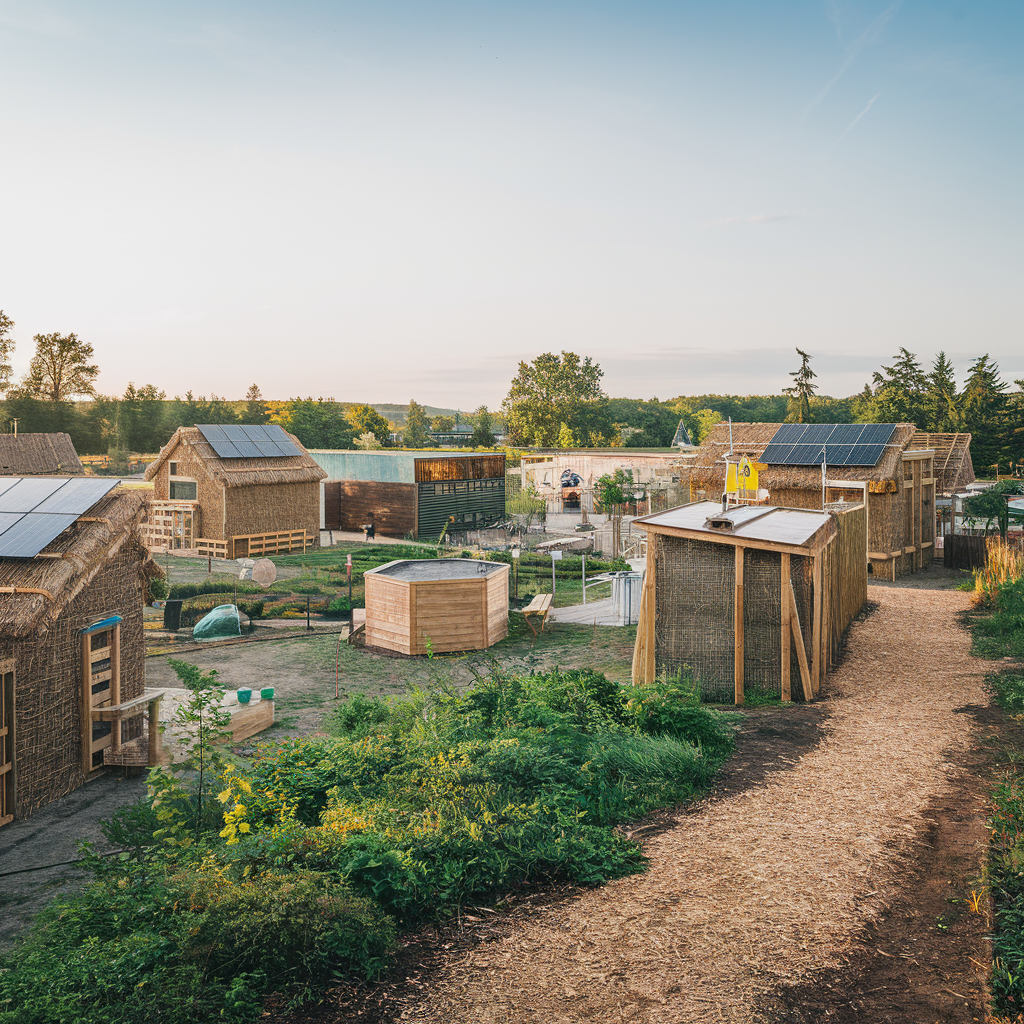
Implementing GSP
Define a Vision
The first step in implementing GSP is to define a clear vision for sustainability, focusing on biodiversity in the context of the +thecap campaign. This involves:
- Using generative AI to gather data and ideas supporting the impact of plastic waste on biodiversity, particularly in marine ecosystems.
- Creating a visioning journey map to outline the path towards reducing plastic pollution and enhancing biodiversity.
Vision: To significantly reduce plastic pollution in marine ecosystems by promoting proper recycling practices, starting with the +thecap campaign and ultimately contributing to the restoration and preservation of marine biodiversity.
Potential Hurdles:
- Lack of awareness about the impact of uncapped bottles on recycling efficiency and marine life
- Resistance to changing established recycling habits
- Limited resources for widespread campaign implementation
- Varying recycling regulations across different regions
Planned Actions:
- Collaborate with local recycling centers and environmental agencies to align messaging and practices
- Engage EcoTeens ambassadors to conduct community outreach and demonstrations
- Use social media and digital platforms to create viral challenges promoting the +thecap message
Design Thinking & Human-Centered Design (HCD)
GSP incorporates design thinking and HCD principles to ensure solutions are tailored to human needs and experiences. This human-centered innovation approach helps create more effective and adoptable sustainability practices.

GSP Objectives and Key Results (OKRs)
GSP employs Objectives and Key Results (OKRs) to measure progress and success. These should be aligned with the defined vision and incorporate measurable outcomes across social, environmental, and economic domains.
Objective 1: Reduce plastic pollution in marine ecosystems through the +thecap campaign
Key Results:
- Increase the rate of properly capped plastic bottles in participating communities by 50% within six months
- Reduce the number of bottle caps found in local beach clean-ups by 30% over the next year
- Engage 100,000 people through social media and community outreach programs about the importance of capping bottles before recycling
Objective 2: Enable collaboration and innovation in sustainable practices among youth
Key Results:
- Recruit and train 500 new EcoTeens ambassadors from 20 different countries to promote the +thecap campaign
- Develop and launch five youth-led initiatives that address local plastic pollution challenges
- Facilitate ten international virtual workshops connecting EcoTeens ambassadors to share best practices and innovative ideas
Objective 3: Create measurable economic impact through improved recycling practices
Key Results:
- Increase the efficiency of local recycling centers by 20% through proper bottle capping
- Partner with three major beverage companies to improve bottle cap design for easier recycling
These OKRs align with the GSP framework by addressing social (youth engagement, community outreach) and environmental (marine ecosystem health, plastic pollution reduction) aspects of sustainability.
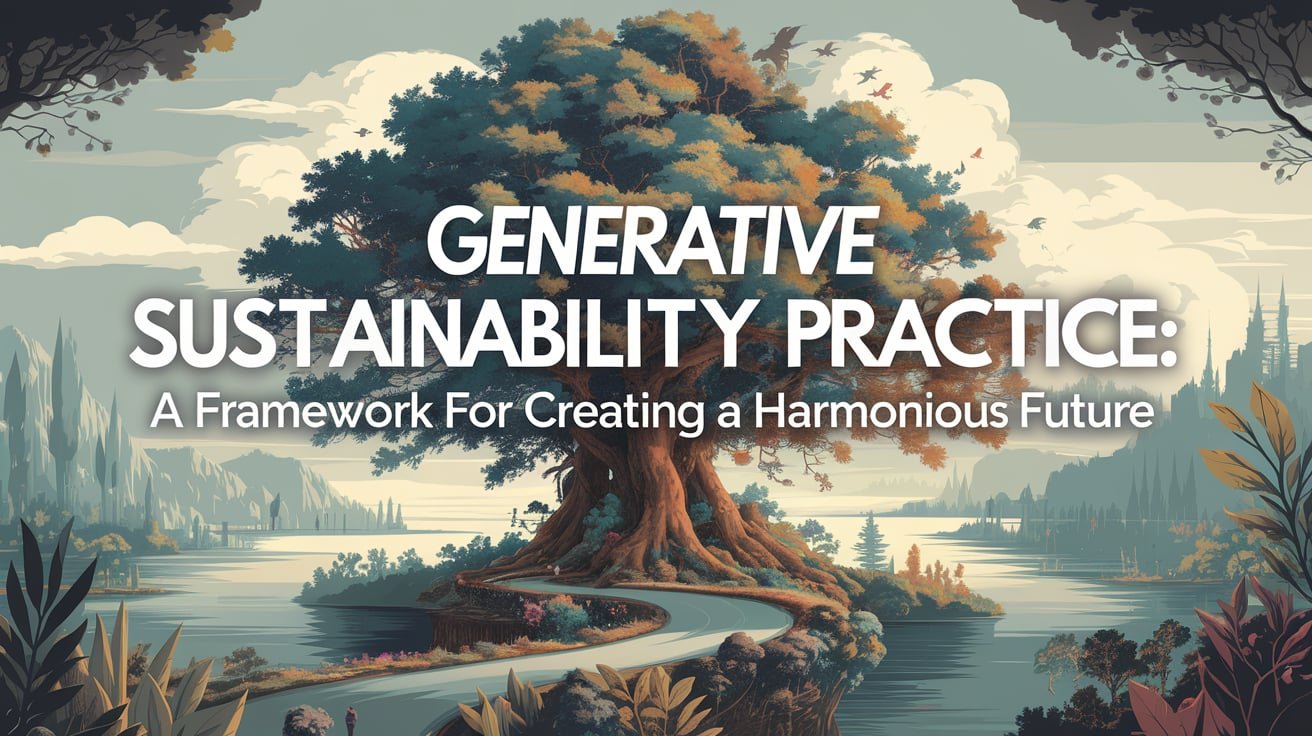
Build The Solution
With a clear vision, design principles, and OKRs in place, the next step is to build sustainable solutions. This involves:
– Leveraging generative AI for idea generation, scenario modeling, and personalized sustainability planning.
– Encouraging collaborative storytelling and narrative building to engage stakeholders.
– Implementing iterative development processes that allow for learning from failures and continuous improvement.
Benefits of GSP in the Context of the +thecap Campaign
GSP offers several benefits across social, environmental, and economic spheres, specifically tailored to the vision of reducing plastic pollution in marine ecosystems:
Social Benefits:
- Empowers youth through the EcoTeens ambassador program, enabling leadership skills and environmental awareness
- Builds community resilience by engaging local populations in sustainable recycling practices
Environmental Benefits:
- Directly contributes to marine biodiversity conservation by reducing plastic pollution
- Encourages innovative approaches to recycling, such as the simple act of capping bottles before disposal
- Provides a model for addressing other environmental challenges through small, actionable steps
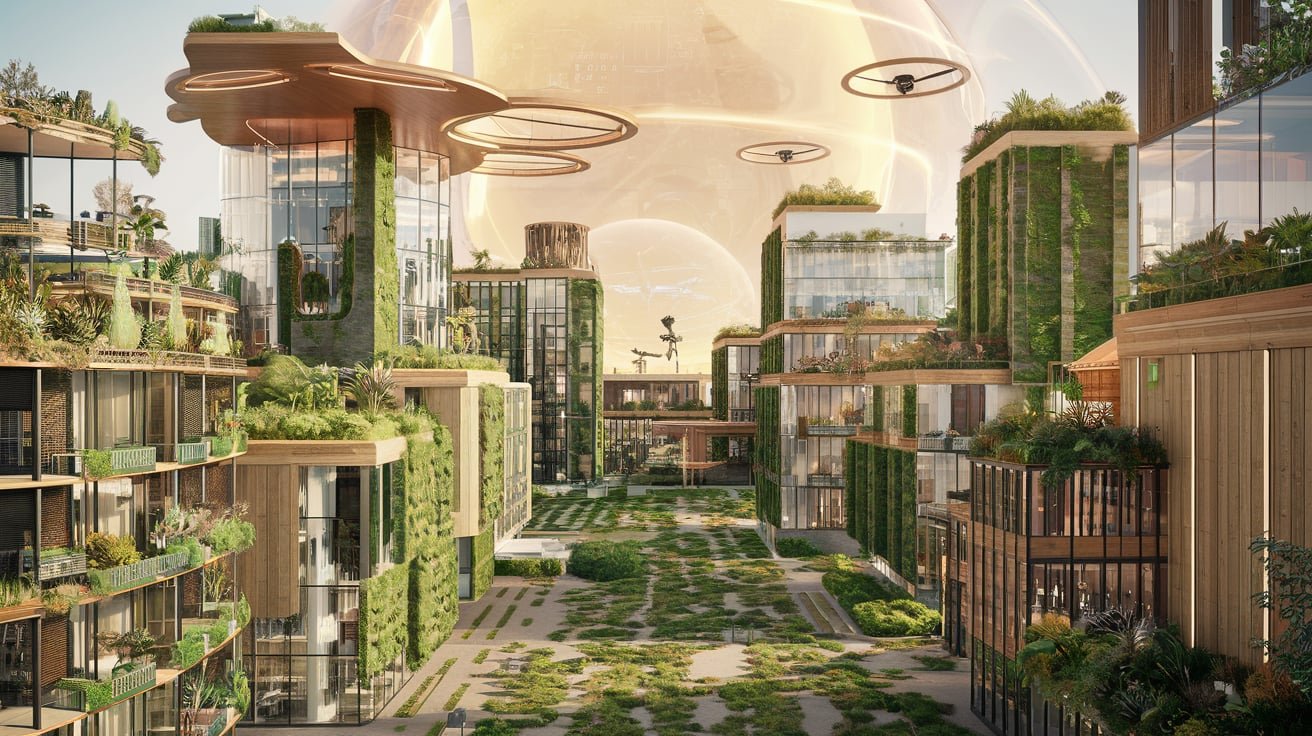
Conclusion
The +thecap campaign, guided by the principles of Generative Sustainability Practice (GSP), demonstrates how small actions can significantly impact our environment. Through this initiative, we’ve seen how capping bottles before recycling can reduce plastic pollution in our oceans and preserve marine biodiversity.
Our journey with the +thecap campaign illustrates the power of GSP in addressing complex sustainability challenges. By integrating creativity, technology, and collaboration, we’ve empowered young leaders worldwide to create innovative solutions that benefit both people and the planet. The campaign’s success in engaging communities, improving recycling practices, and raising awareness about marine ecosystem health showcases the effectiveness of the GSP framework.
As we face increasing environmental challenges, the lessons learned from the +thecap campaign can be applied to other sustainability initiatives. The GSP approach has proven that focusing on small, actionable steps and enabling global collaboration can create a ripple effect of positive change.
Call to Action:
- Join the Movement: Become part of the +thecap campaign by always capping your bottles before recycling and spreading the message in your community.
- Engage with EcoTeens: If you’re a young leader, consider becoming an EcoTeens ambassador to drive sustainability initiatives in your area.
- Implement GSP: For organizations and communities, adopt the Generative Sustainability Practice framework to address your local environmental challenges creatively and collaboratively.
- Educate and Innovate: Share the story of +thecap and use it to inspire your sustainability initiatives, no matter how small they seem.
- Measure and Share: Track the impact of your sustainability efforts and share your success stories to inspire others and contribute to the growing body of knowledge on effective environmental practices.
By embracing the principles of Generative Sustainability Practice, as demonstrated through the +thecap campaign, we can collectively build a more sustainable and harmonious future for all. Remember, every capped bottle is a step towards cleaner oceans and a healthier planet. Let’s take action today for a better tomorrow.
www.ecoteens.org
www.ecoteens.org/the-cap/


